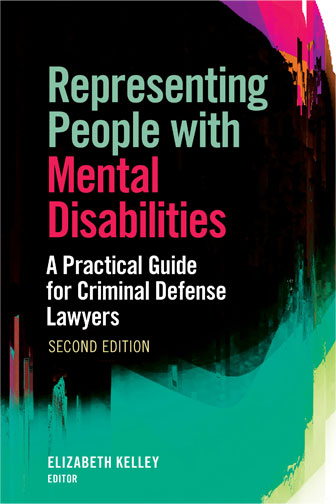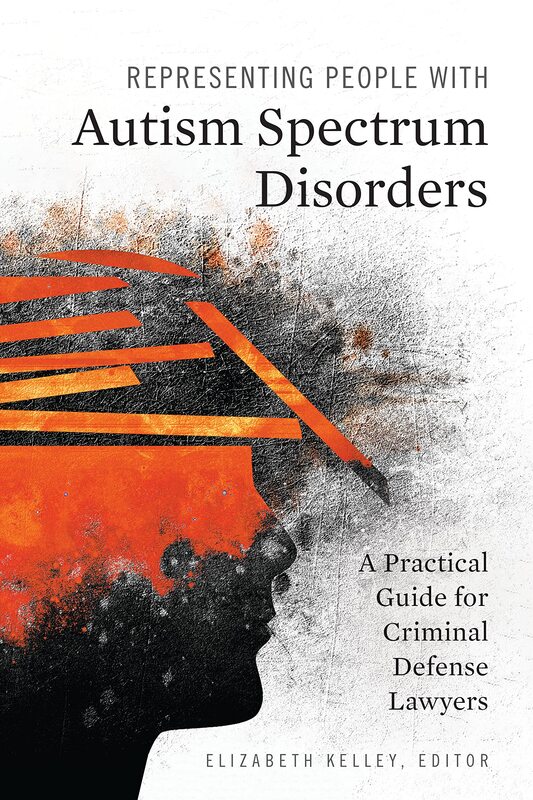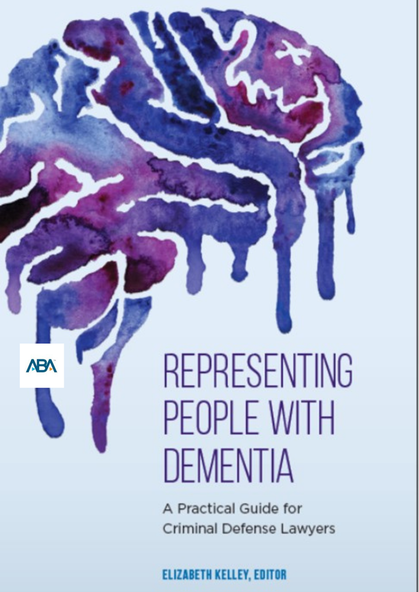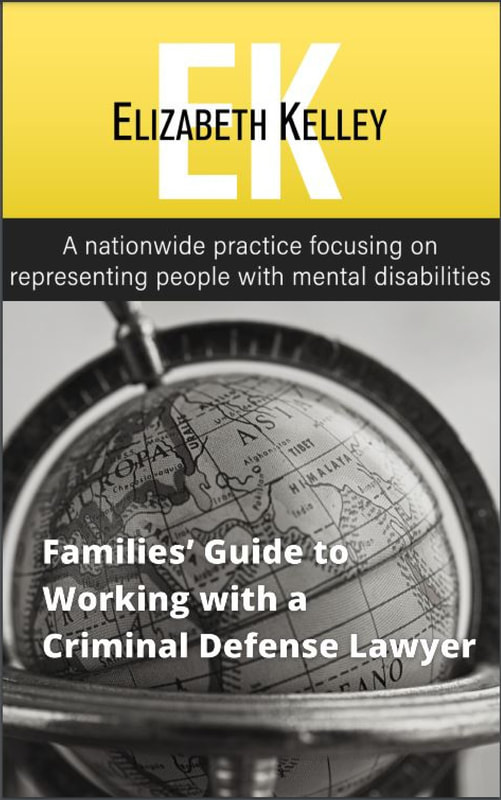Books

New Second Edition
Late Summer 2024– Contains updated content plus new chapters on topics like substance use disorders and post-conviction remedies.

Representing People with Autism Spectrum Disorders
The reason for compiling the expert opinions in Representing People with Autism Spectrum Disorders: A Practical Guide for Criminal Defense Lawyers is two-fold: first, there is a growing recognition that people with ASD are involved in the criminal justice system and need vigorous, informed advocacy; and two, that there is a need for practical, easily digestible information for lawyers.
If you are a criminal defense lawyer, it is inevitable that you are going to represent someone on the Autism Spectrum. Indeed, the Center for Disease Control estimates that one in 59 children are on the spectrum. And because Autism is a lifelong condition, these children will become adults on the spectrum.
But what is Autism Spectrum Disorder (ASD), how will you recognize it in a client, why is it relevant to the criminal justice system, and why do people with ASD get ensnared in the criminal justice system?

Representing People with Dementia
The gradual graying of individuals accused of crimes, as well as of those already incarcerated, may turn into a silver tsunami for the criminal legal system. The general population is living longer, and the cognitive challenges that may accompany this can cause criminal conduct. And because of draconian prison sentences, including lengthy mandatory minimums, and three-strikes laws, our prison population is growing older.
Edited by criminal defense lawyer, Elizabeth Kelley, Representing People with Dementia: A Practical Guide for Criminal Defense Lawyers provides easily digestible information for lawyers representation this growing nontraditional population. This book contains chapters written by mental health experts, academics, and attorneys. It covers every stage of the criminal justice process as it affects people with dementia, from the initial concerns of competency and criminal responsibility to conditions if jail and prisons. It also addresses topics such as testing, neuroimaging, and working with the expert.
Kelley, echoing the words of Attorney Bryan Stevenson in his oral argument in Madison vs. Alabama, writes: “This book is an attempt to help those who, because of dementia, are fragile, bewildered, and vulnerable–and to give their attorneys the tools to obtain a just and fair resolution to their case.”
*This copy comes from back cover

Families’ Guide to Working with a Criminal Defense Lawyer
Free PDF – Click to Download below.
Click the link below to listen to Elizabeth Kelley’s presentation on The Arc of New Jersey’s Equal Justice Talks webinar:
“Autism Spectrum Disorders and the Criminal Justice System Strategies for Prevention and Navigation”



